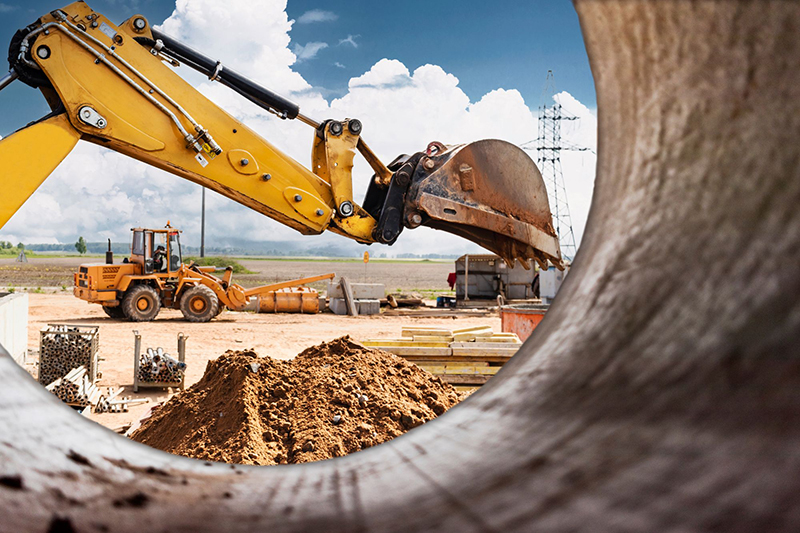THE CEA (Construction Equipment Association) has published a progress update on its manifesto, which was launched a year ago setting out the priorities for the sector.
The manifesto called for greater regulatory consistency, bold action on decarbonisation, better support for skills development, and a more coherent approach to digital transformation. It also pressed for an industrial strategy, which the UK Government has since delivered.
12 months later, the CEA has been reflecting on how those original asks have shaped its work.
The trade body revealed it has continued to lead the Equipment and Machinery Industry Forum, a platform that brings together associations across the sector to engage with policymakers. Its leadership of the Forum has been extended for a further three years.
New partnerships, including becoming an affiliate partner of Make UK, are said to have opened the door to deeper collaboration with other manufacturing sectors and greater influence across government.
The CEA added that its advocacy work is already delivering results. From securing alignment between UK and EU noise legislation to supporting changes to regulations on organic pollutants, the association revealed it has made ‘tangible’ progress.
The update also highlights the CEA’s work to tackle equipment theft — most notably its involvement in the development of secondary legislation for the Equipment Theft (Prevention) Act, and ongoing collaboration with police forces, MPs and industry partners.
The organisation said there is ‘growing interest’ from Scotland in developing parallel legislation, while European colleagues continue to look to the CESAR Scheme as a model.
On decarbonisation, the CEA has provided responses to government calls for evidence on non-road mobile machinery, and continues to represent the UK through international committees shaping future standards. It also contributes to discussions on clean air and urban emissions.
The CEA said perhaps the most wide-ranging progress has been on skills. Since the manifesto launch, work has evolved from a focus on early engagement to a more holistic approach — supporting young people entering the sector, and offering tools and benefits designed to help retain and develop the existing workforce.
Initiatives like Rethinking Futures and globalbridge aim to bridge the gap between education and industry, while partnerships with organisations such as IMechE, Cranfield School of Management and the ELITE Consultancy Network are providing members with access to professional development, leadership training, and recruitment support.
Viki Bell, chief executive of the CEA, said, “Since launching the manifesto last year, we’ve worked hard to turn our asks into action. I’m especially proud of the progress we’ve made in championing the UK’s role in international regulation, strengthening industry partnerships, and leading on decarbonisation policy.
“And when it comes to skills, we’ve gone from supporting school engagement to backing leadership development and employee wellbeing — real, practical work that benefits businesses today and builds a stronger sector for the future.”
To read the full report, visit https://thecea.org.uk/hubfs/CEA%20Manifesto%20One%20Year%20On.pdf












